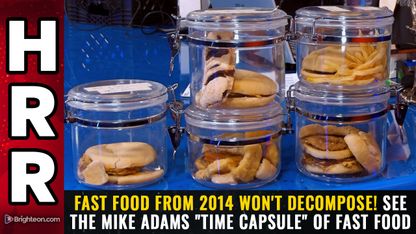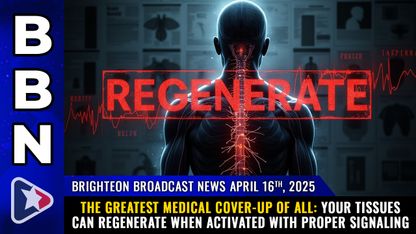
According to Greater Cincinnati Water Works (GCWW), it needed to shut down the drinking water intake in the river before contamination reaches the area. Water intakes are structures used for collecting water from surface waterways such as rivers, lakes and reservoirs, and directing it to a water treatment plant where it will be made drinkable.
"After extensive sampling of river water Sunday through Monday morning, there have been no detections of the specific chemicals from the train derailment," the city government said in a press release.
Earlier, Northern Kentucky Water District (NKWD) said that low levels of butyl acrylate were detected in the river upstream of Cincinnati. Butyl acrylate is a chemical used in arts and crafts, adhesives, flooring, sinks and bathtubs. Meanwhile, a different chemical compound called 2-Ethyl-1-hexanol was found locally while water intake was closed. The compound is commonly used in industrial applications for flavoring and fragrances.
GCWW said it wasn't definitive if that compound came from the East Palestine train derailment.
"Maintaining the safety of our community's drinking water is our highest priority," NKWD President and CEO Lindsey Rechtin stated. "The response to this Ohio River spill event has been extraordinary. I cannot express enough gratitude to all NKWD staff for their efforts to ensure that our community's drinking water supply remains safe and reliable."
Both water infrastructure services said they added precautions such as removing particles and running the water through granular carbon to remove chemicals. "The chemicals have been absorbed onto the activated carbon and then when the water passes out those chemicals are not present," said Jeff Swertfeger, GCWW's Water Quality Treatment superintendent.
According to reports, they made the water pass through powdered activated carbon, which absorbed the chemical contaminants when they re-opened the water intake. Another barrier was also added to make sure the carbon catches all of the chemicals.
Six toxic chemicals released in Ohio train derailment
The scare that areas surrounding East Palestine could have contaminated drinking water came after a total of six chemicals were found in the nearby water, air and ground after the Ohio train derailment. The "toxic chemical cocktail" includes two that are linked to cancer and other substances that can cause convulsions and vomiting.
The initial fact sheet released by the train company Norfolk Southern listed vinyl chloride, butyl acrylate and benzene residue as the chemicals on board. However, authorities later found three more equally dangerous chemicals: ethylene glycol monobutyl ether, ethylhexyl acrylate and isobutylene. (Related: DEADLY COCKTAIL: 6 Toxic chemicals released in Ohio train derailment.)
Vinyl chloride, a colorless manmade gas that burns easily, is mainly used to make polyvinyl chloride (PVC), which is associated with a higher risk of a rare form of liver cancer (hepatic angiosarcoma), as well as primary liver cancer (hepatocellular carcinoma), brain and lung cancers, lymphoma and leukemia; butyl acrylate is a colorless liquid used in paints, coatings, sealants and glues that can cause the skin to ooze; benzene residue is a colorless or pale yellow liquid with a sweet scent that burns and evaporates into the air rapidly and is used to make plastics, nylon and some types of lubricants, drugs and pesticides; ethylene glycol monobutyl ether is a liquid used in paint strippers that can cause the skin to dry and crack, irritation to the nose and eyes, headaches, a metallic taste and vomiting; ethylhexyl acrylate is a see-through liquid, used to make paint, glue, leather finishes and coatings for the paper that causes drowsiness; and isobutylene is a sweet-smelling gas that can kill at high concentrations.
Meanwhile, the train company skipped the open-house meeting that was meant to ease fears about the toxic chemical spill.
Follow Chemicals.news for more related news.
Watch the video below that talks about the Cincinnati water intake closure during the weekend.
This video is from Alex Hammer's channel on Brighteon.com.
More related stories:
East Palestine train wreck may have created largest dioxin plume in world history.
Truck driver killed, hazardous materials found as train and truck collide in Houston.
Sources include:
Please contact us for more information.






















